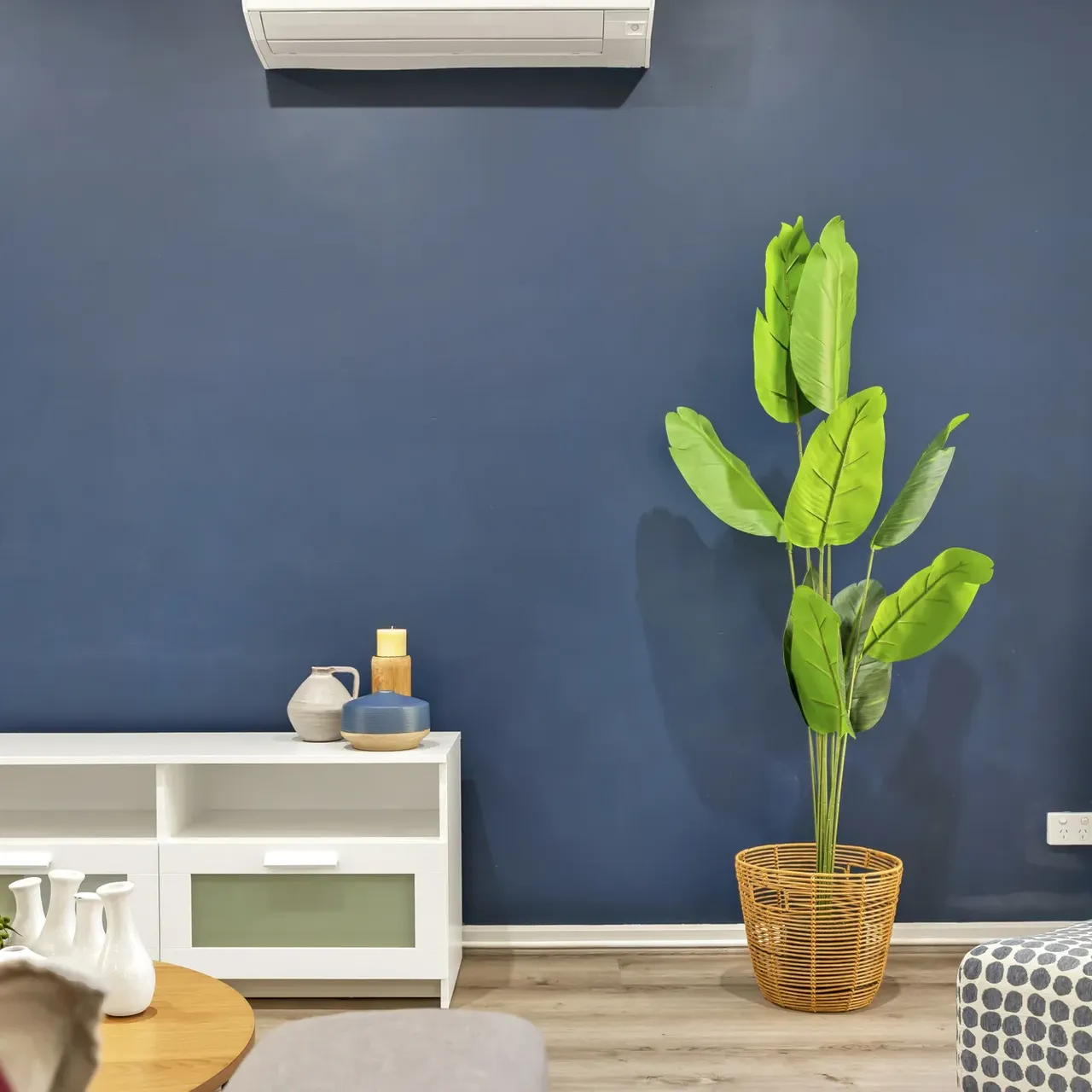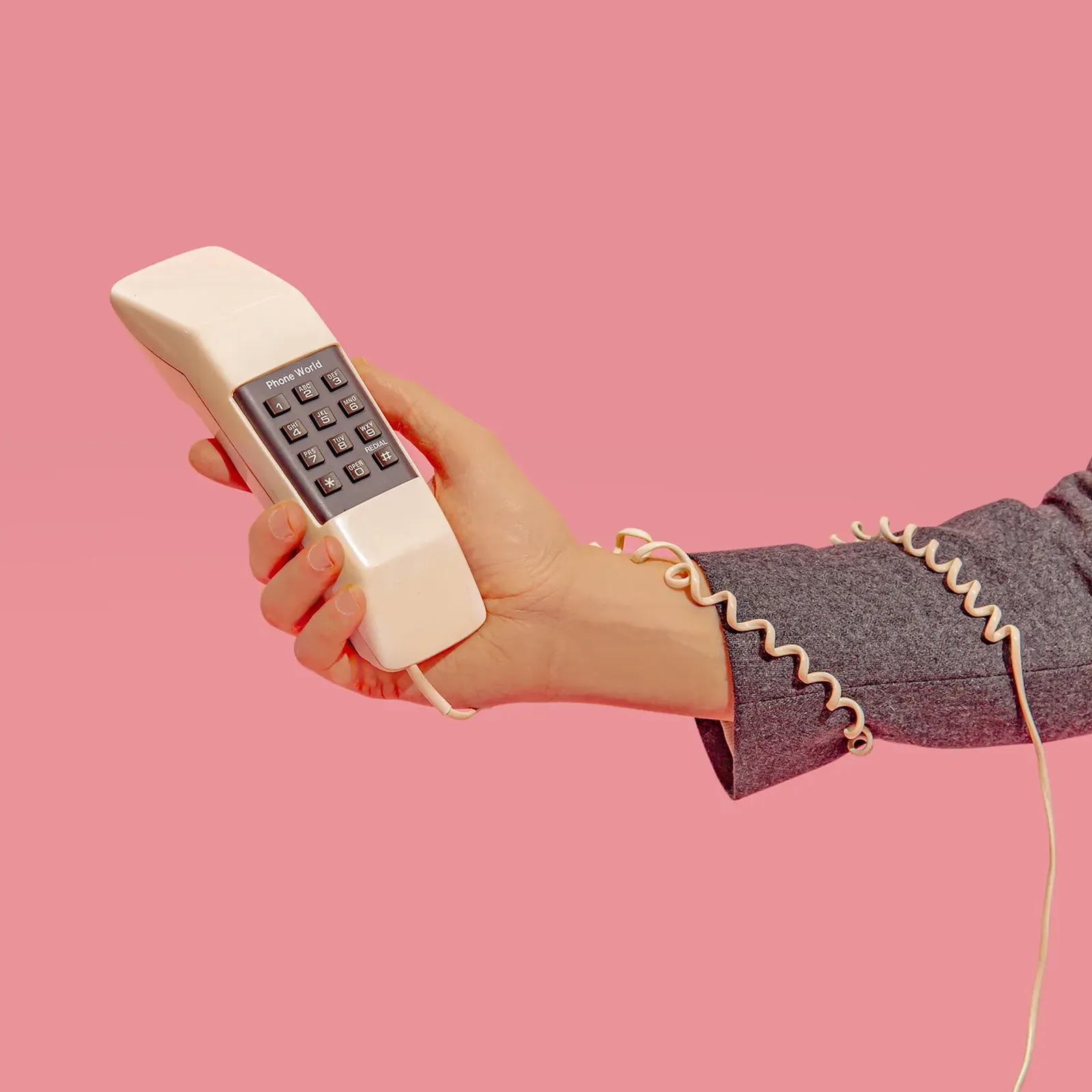Renting has become a memorable right of passage for many young Australians.
Though it comes with its ups and downs, there are plenty of ways to make it an enjoyable experience for both you and your landlord.
Renting means living in someone else’s home – you should make it your own, but be aware of the rights, rules and responsibilities that come with being a tenant.
Get financially ready
One thing to be aware of when finding your rental is the rental price and the upfront payments required. When searching for a rental property you can often filter by price (generally per week) to make sure you’re looking within your budget.
Once your application is successful, you’ll be asked to pay no more than a fortnight of rent upfront and a bond. A bond is an amount of money you pay at the start of your tenancy to provide some financial security for your landlord – if something breaks or goes wrong, there’s money there to cover it.
Be sure to keep track of all documentation relating to your tenancy. Always have on-hand a copy of your contract that you’ve read and understand, and work closely with your Property Manager to ensure you both agree on any discrepancies in the property upfront.
When it comes to paying rent, the method for this should be stated in your lease. Your landlord or property manager will keep a record of your payments, which you can request. The best way for this is to set up an automatic bank transfer, to make sure you don’t forget and don’t have to worry about being late on your payments.
Stay in contact
If at any time something goes wrong during your tenancy, don’t feel like you should keep quiet about it! Things happen around a home; drain pipes leak, hot water heaters break, light fittings stop working.... If it wasn’t caused by you directly, then it’s the responsibility of the landlord or property manager to ensure any repairs or maintenance are addressed properly, and immediately if it's an emergency. Keep lines of communication nice and open with your Property Manager, and notify them immediately of any issues you find. It’s always better to sort things out earlier, rather than later on and risk them getting worse!
On the other hand, if you break something or cause damage accidentally, be sure to tell your Property Manager. It’s not the end of the world, and we all understand that things happen sometimes! Let them know what’s happened, provide as much as detail as possible about the damage, and you can work together on how to rectify the issue.
Keep it clean
Your lease will provide detail on any property inspections that will be required throughout your tenancy. Inspections are done to make sure nothing is damaged in the property, and it’s being looked after. In preparation for your inspection, you should ensure the property is clean and tidy.
Outside of inspections, you should always ensure the house is nicely maintained. Any spills or carpets or marks on walls should be quickly addressed to ensure these don’t become permanent, gardens should be maintained (grass can quickly grow out of hand), and in-built appliances should be kept in good, working order.
Be a good housemate
There are many different types of housemates you'll come across in life! It could be your friends, your partner, or people you’ve just met. Whoever it may be, there’s a few things to agree on to make sure everyone successfully co-exists together.
When it comes to friends or new housemates you've just met, make some agreements on how to care for the home and live together. This could be things like cleaning, paying bills, shopping, cooking and having friends over. The best approach is to be courteous, keep in communication with the people you live with, and make sure everyone is putting in their fair share.
Respect your housemates’ privacy and spaces like their bedroom, and respect each other when it comes to shared spaces like the kitchen or living room. Most importantly, take some time to socialise together!
Moving out and on
When it comes time to end your tenancy and move on, make sure to end things on a good note. Be aware of what’s required according to your lease, and give your Property Manager as much notice as possible.
Moving out means an end of lease clean, and leaving the property in the condition you found it. Once your furniture and belongings are moved out, you should do a full top to bottom clean of the house. Ensure the garden is tidy, floors and carpets are swept or vacuumed, and all surfaces are completely clean. Get into the nooks and crannies and make sure it’s absolutely sparkling – pending any damages or issues that may have occurred, this will ensure you get your bond back in full.

